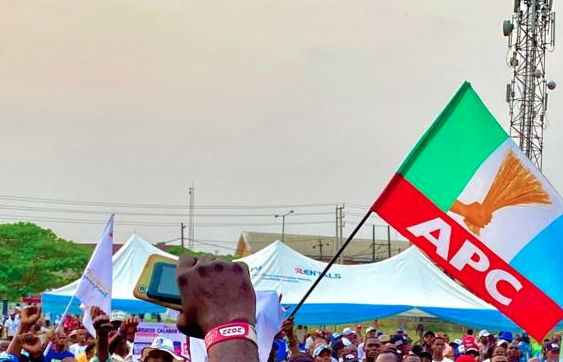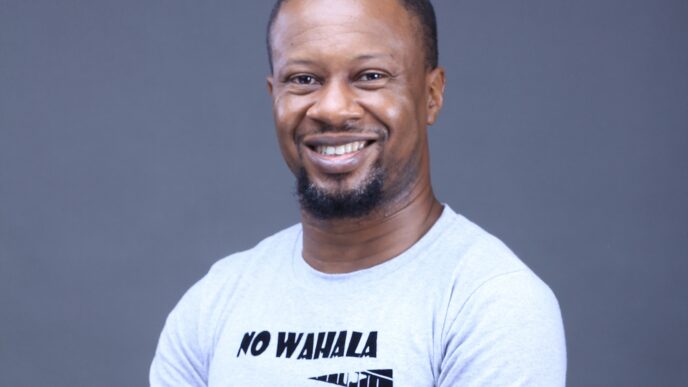What happens when a legal giant abandons strategy for emotion? The recent fallout between Aare Afe Babalola and Dele Farotimi offers powerful lessons in power, reputation, and restraint.
Babalola, one of Nigeria’s most celebrated legal minds, commands respect across the nation. His name evokes images of brilliance and accomplishment, from his storied chambers to his towering influence in the judiciary. Over decades, he has carefully built a legacy that stands as a beacon for young lawyers and aspiring advocates. It is a reputation worth defending. But when a master strategist reacts impulsively, even the strongest legacy can falter.
This story began with Farotimi, a lawyer and human rights activist, whose book contained statements that Babalola deemed defamatory. Rather than addressing the matter through quiet and calculated legal processes, the elder statesman chose an aggressive response. Farotimi was forcibly dragged from Lagos to Ekiti—seven hours away—under controversial circumstances. To compound matters, an Ekiti court swiftly remanded him to prison for what was a bailable offence.
What was meant to assert dominance and protect a reputation instead turned into a public spectacle. The unintended consequence was the Streisand Effect—a phenomenon where attempts to suppress information only amplify its reach. What might have been a passing controversy confined to a few pages in an obscure book suddenly became a global talking point. Farotimi’s book soared to the top of Amazon’s downloads, and the incident cast a harsh light on Nigeria’s judiciary and police practices.
Advertisement
This wasn’t just a legal misstep; it was a strategic blunder. History teaches us the perils of overreaction. In the 19th century, Napoleon Bonaparte, a man of unmatched power, became entangled in a war of words with the British press. Instead of ignoring their criticisms, he retaliated with propaganda and threats. His actions emboldened his critics, amplifying the ridicule against him. It was a classic case of a powerful figure underestimating the power of restraint.
Babalola could have taken a page from another Nigerian legal titan, Femi Falana. When Falana faced a libellous attack in the “Falana v. Very Dark Man” case, he approached the situation with calm precision. Rather than turning the matter into a public spectacle, he allowed the legal process to speak for him. His reputation emerged unscathed, and justice was served without unnecessary drama. The lesson is clear: in battles of reputation, especially against underdogs, power is most effective when exercised with subtlety and restraint.
In engaging Farotimi with such disproportionate force, Babalola inadvertently elevated his opponent and made himself vulnerable to public criticism. This isn’t just about one legal case; it is a reflection of a broader principle. Whether in law, governance, or personal conflict, those in positions of power must learn that emotional responses can turn minor skirmishes into full-blown wars.
Advertisement
If Babalola had quietly filed his case in Lagos or Ibadan and allowed the judiciary to resolve the matter, the narrative would be entirely different. His towering legacy would have remained untarnished, and Farotimi’s voice might have been drowned out by the quiet dignity of the elder statesman’s actions.
Instead, what we see is a cautionary tale. By reacting emotionally and engaging Farotimi on such disproportionate terms, Babalola amplified a minor grievance into a global spectacle. The underdog became the hero, and the master advocate appeared heavy-handed.
For anyone in positions of influence, this case offers an invaluable lesson: in the court of public opinion, as in the courtroom, strategy is everything. When emotions dictate actions, even the strongest reputations can falter.
Nigeria’s leaders—legal and otherwise—must learn to wield their power with wisdom. Intimidation may win battles, but it seldom wins wars. In an age where information spreads faster than wildfire, restraint isn’t just a virtue; it is a strategy.
Advertisement
Babalola’s misstep is a reminder that no legacy, no matter how illustrious, is immune to the pitfalls of overreaction. For the rest of us, it is a call to reflect on how we handle provocation and exercise our power.
Because in the end, true power lies not in showing strength but in knowing when—and how—to use it.
Olu Allen, a social critic, can be contacted via [email protected]
Advertisement
Views expressed by contributors are strictly personal and not of TheCable.
Add a comment










